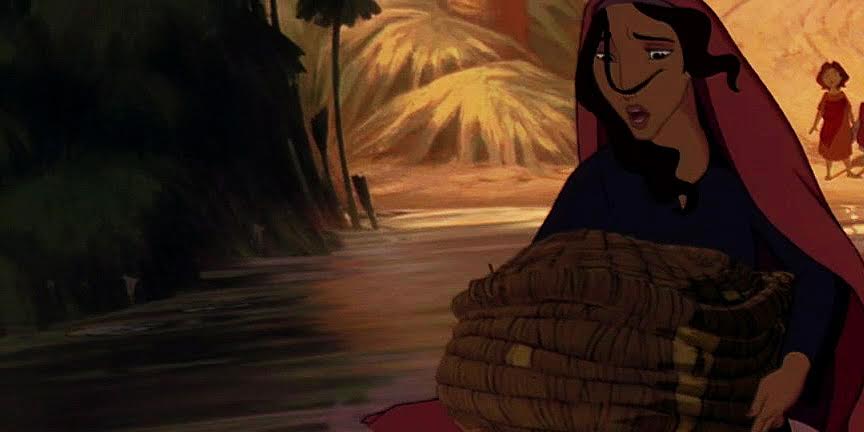One of the well-known statements of Midrash about the Exodus of Israel from Egyptian bondage is that the Jewish people,  our ancestors, were redeemed from Egypt in the merit of the righteous Jewish women of the time. We tend to judge Jewish righteousness purely in terms of tradition, ritual and observance and though that is certainly true it is not the entire truth. Jewish women, then and now, were a source of everyday inspiration and hope for men who in their hard hearted realism were given to despair and pessimism. Amram, Moshe’s father refused to live with his wife Yocheved any longer after the decree of Pharaoh to cast all Jewish male infants into the crocodile infested waters of the Nile. He despaired of any Jewish future though he was according to the Talmud the most righteous person of his generation, completely free of sin. His daughter Miriam convinced him otherwise and from his reconciliation with Yocheved, Moshe, the savior of Israel was born.
our ancestors, were redeemed from Egypt in the merit of the righteous Jewish women of the time. We tend to judge Jewish righteousness purely in terms of tradition, ritual and observance and though that is certainly true it is not the entire truth. Jewish women, then and now, were a source of everyday inspiration and hope for men who in their hard hearted realism were given to despair and pessimism. Amram, Moshe’s father refused to live with his wife Yocheved any longer after the decree of Pharaoh to cast all Jewish male infants into the crocodile infested waters of the Nile. He despaired of any Jewish future though he was according to the Talmud the most righteous person of his generation, completely free of sin. His daughter Miriam convinced him otherwise and from his reconciliation with Yocheved, Moshe, the savior of Israel was born.
The Midrash tells us that the bronze plating for the altar that stood in the Tabernacle came from the mirrors that the women of Israel used to entice their husbands to create a future generation of Jews when all seemed apparently lost and redemption from Egyptian bondage looked to be impossible. These actions by the women of Israel earned them the title of being righteous. In the eyes of Heaven, righteousness apparently comes in many different forms. Bearing children in a world inimical to Jewish survival is perhaps the highest form of righteousness for such a time and situation.
Bringing children into the world is a statement of faith and hope in the Jewish future. Even in our day, every Jewish child that is born in our country or in the Diaspora represents a declaration of faith and hope for the future well being of our people and the world generally. Children are also a declaration that one does not live only for one’s self. The entire idea of selflessness and responsibility one for another is based on children and family. Parents care for and raise children and children care for and help their parents later in life. The statement of Rabbi Akiva that the great rule of the Torah is “to love others as you love yourself” begins with family and children. And it has always been the righteous women of Israel, our wives, mothers and daughters that have epitomized this highest of all standards of human behavior.
In a cold and dark world that is often cruel if not even murderous, the women of Israel in Egypt – the great midwives. Shifra and Puah – stood for humane behavior and Godly virtues. They helped Jewish children live and survive. It is therefore no wonder that Jewish tradition places the credit for our freedom from Egyptian bondage at their feet. The Torah links its imperative “to choose life” with the other imperative of “reviving, saving and helping children live.” Whereas in the animal world the offspring are abandoned by the parents after a period of time in human culture a child always remains one’s child till the end of life itself. Because that child represents all of one’s hopes and accomplishments in this world and in immortality as well.
The words of this author reflect his/her own opinions and do not necessarily represent the official position of the Orthodox Union.

